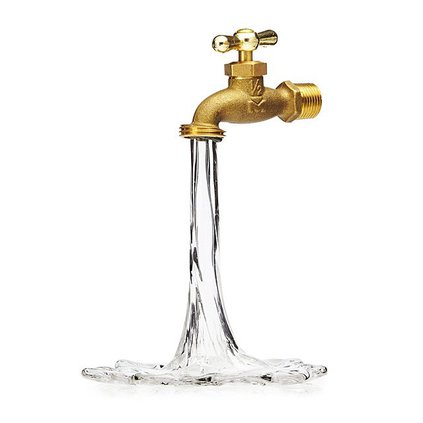Last Monday, during the regular February monthly meeting of the City of Smithville, John Poole, Hendersonville CPA who performs the audit for the city each year, gave his report for the year ended June 30, 2019. Poole said the city’s water and sewer fund concluded the fiscal year in a negative “change in net position” of $96,391 meaning revenues did not keep pace with expenditures.
Under state law, if a utility continues to operate at a loss for more than two years and doesn’t address it, the state has the authority to force rate increases to make it solvent.
Poole said the city is not to that point yet. That for the year ending June 30, 2020 the city needs to have a surplus for the year. He included if the city did not have a surplus that the state will require them to take certain actions.
Total water and sewer fund revenues are derived primarily from metered sales along with tap and service fees which totaled more than $2.4 million for the year. Operating expenses totaled over $2.5 million dollars and take into account salaries, employee benefits, billing, utilities, professional services, repair and maintenance, supplies, office expense, vehicle operation, insurance and deprecation which is the single largest expense at $774,235.
The city raised water and sewer rates in 2017 partly because the city could no longer count on the revenue from its largest water customer, the DeKalb Utility District, which had built its own water treatment plant and no longer needed to purchase water from Smithville.
City water customers currently pay $7.25 per thousand gallons of usage. Rates for customers outside the city limits are $10.88 per thousand. City sewer customers pay $6.75 per thousand gallons.
City officials will evaluate the status of the water and sewer fund again when it prepares the 2020-21 budget this summer.
Meanwhile, Poole said the general fund was also in the red for the year ended June 30, 2019 by $81,631. Of course for the current fiscal year, 2019-2020 the city increased the property tax rate by 25 cents per $100 of assessed value which is expected to generate $350,000 in new money for the general fund. Next year’s audit will reflect what impact that will have on the city’s bottom line in the general fund.
Overall, Poole said the city is in good shape financially with low debt, only $347,000 and strong surpluses of almost $3.5 million in the general fund and $3.6 million in the water and sewer fund.
Poole said he found no other causes for concern in his audit. The monies are only being spent on city business. We did not run across anything as auditors that came to our attention where we thought that was not the case. We also look to make sure we are following policies when it comes to city policies and grant agreements, etc. Our report shows that we did not find anything that gives us any concern about how the city’s monies are being spent.





